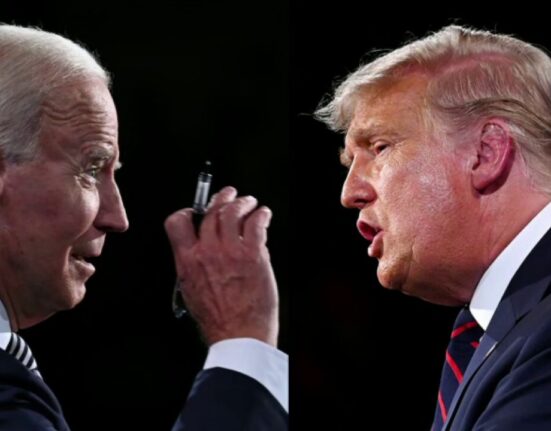—
Dr. Paul Bolton’s Journey:
Let me take you on a journey through the experiences of Dr. Paul Bolton, a senior scientist in the Department of Mental Health at Johns Hopkins University Bloomberg School of Public Health. He recalls a time when he was the sole physician in a quaint country town, battling not only the challenges of his profession but also his own internal struggles with depression. Despite recognizing the need for help, he would travel long distances for treatment out of fear that revealing his mental health issues would tarnish his reputation among the townsfolk.
—
Pervasive Global Stigma:
Dr. Bolton reflects on how mental health stigma is an omnipresent force across cultures worldwide. While strides have been made in Western societies to combat this stigma and encourage seeking help, there remains a crucial aspect often overlooked – the existence of two distinct types of stigma surrounding mental illness.
—
The Fearful Perception:
One form of stigma targets individuals with schizophrenia and psychotic disorders, where sensory experiences lead to misperceptions about reality. This results in fear and mistrust towards those affected, fueling beliefs that they may pose a threat or be unpredictable in their behavior.
—
Perceived Weakness and Inadequacy:
On the other hand, another prevalent stigma surrounds nonpsychotic disorders like depression and anxiety. Unlike psychotic illnesses, these conditions are more commonplace but face their own set of challenges due to misconceptions linking them to personal weakness or inadequacy.
—
Challenges Faced:
Each type of stigma presents unique hurdles. While individuals with psychoses are often met with sympathy but treated as fragile beings needing protection from society, those with common mental disorders like depression encounter judgments centered around perceived weakness rather than danger.
—
Shifting Perspectives:
To dismantle these stigmas effectively, initiatives must address both facets through targeted educational campaigns and social exposures that debunk myths and promote understanding. By showcasing success stories and fostering empathy through social interactions, perceptions can gradually shift from one rooted in fear or mistrust to one grounded in compassion and acceptance.
—
Expert Insights:
I reached out to Dr. Maya Richards, a renowned psychiatrist specializing in mental health advocacy, for her perspective on combating mental health stigma: “Understanding the intricacies of different stigmas associated with various mental illnesses is crucial in fostering a supportive environment for those struggling with their mental health.”
Through open dialogue, education, and humanizing narratives shared by individuals like Dr. Paul Bolton who have navigated their own battles with mental illness while excelling in their fields, we can pave the way for a more inclusive society where seeking help for mental health concerns is not only accepted but encouraged.
Remembering Dr. Bolton’s journey serves as a poignant reminder that breaking down barriers begins with acknowledging and addressing these dual forms of discrimination surrounding mental health — paving the path towards greater understanding and support for all individuals facing such challenges.









Leave feedback about this